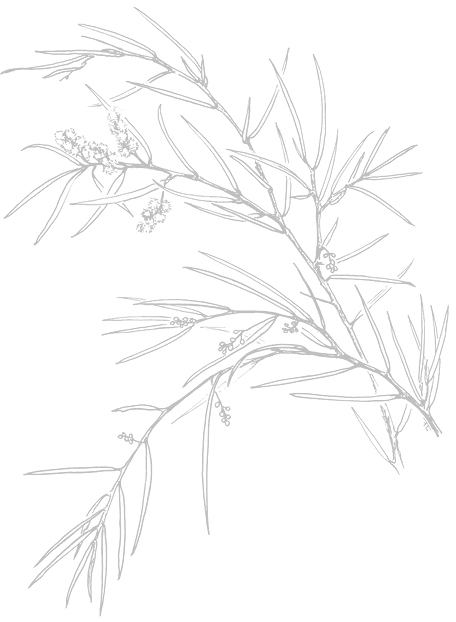
Scientific Name: Rytidosperma indutum
Common Name: tall wallabygrass
Family Classification (Clade): Monocots
Family: Poaceae
Form Description: Erect, tufted perennial grass with in rolled leaves; ribs on the upper surface that feel rough to touch.
Flowers: The flower head is higher than the rest of the plant, 7-15cm long, and bears straw-coloured or purple-tinged spikelets.
Fruit: Caryopsis
Municipality
Plant Communities
Habitat Notes
Open sclerophyll woodlands to about 300m altitude, in the Midlands and east coast.
Propagation Calendar
-
Flowering Month
Jan Feb Mar Apr May Jun Jul Aug Sep Oct Nov Dec -
Seed Collecting Month
Jan Feb Mar Apr May Jun Jul Aug Sep Oct Nov Dec -
Sowing Month
Jan Feb Mar Apr May Jun Jul Aug Sep Oct Nov Dec -
Cutting Month
Jan Feb Mar Apr May Jun Jul Aug Sep Oct Nov Dec
Propagation Method
Seed Information
Seed Collection
Seeds are found at the end of long stalks, which turn from green to off-white and dry as the seed matures. Each seed head produces numerous seeds. Seed released within 3-14 days of seed maturity. Collect seed by cutting the stalks with secateurs, and rub seed heads between two rubber car mats (or hands for smaller amount) to extract. Store in jars, as mice are attracted to the seed.
Seed Storage Life
At least several years
Seed Treatment Notes
May have an after-ripening period of 2-6 months. Good results when seed is fresh, and temperatures between 15 and 25°C. For some provenances of this species, fresh seed is not dormant but older seed becomes dormant.
Germination Time
3-5 weeks for non-dormant seed